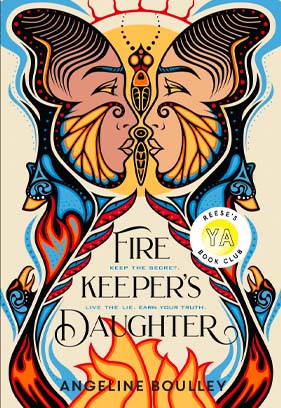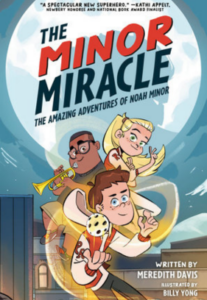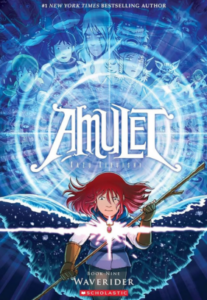The authority figures in this novel range from trustworthy and devoted to destructive and abusive.
GrandMary is a strict-but-loving figure. She has plans for her family members and wants them to be respectable. Simultaneously, she is presented as a strong advocate for her relatives and an almost hateful racist toward the indigenous element of Daunis’ heritage.
Teddie, Daunis’ Aunt, is strong, protective, compassionate, and capable. Yet, she encourages the girls to drink and sleep with their boyfriends if they are doing it in a way that is “safe.”
Granny June is the eccentric, edgy, loving, grandmother of Lily. She is a strong influence in Daunis’ life, who fully embraces the traditions of her people. She also encourages rebellious behavior in Lily and Daunis.
Daunis’ Uncle is a loving man, who had a fatherly role in Daunis’ life. His integrity will be called into question throughout novel as accusations are thrown around.
Daunis’ Dad made many mistakes and died while she was young, causing her pain that last into her teen years.
The hockey coach who played a major role in her life is eventually revealed to have little regard for her well-being or that of the community. This follows the trend of failed authority that presents itself in the neglectful, drug addicted, or greedy parents of other teens in the tribe.
Elders and authorities are major figures in the novel. They shape the experiences of the younger characters; these positive figures are treated with a high level of respect. The novel resolves that the Elders are the foundation and strength of the community.











